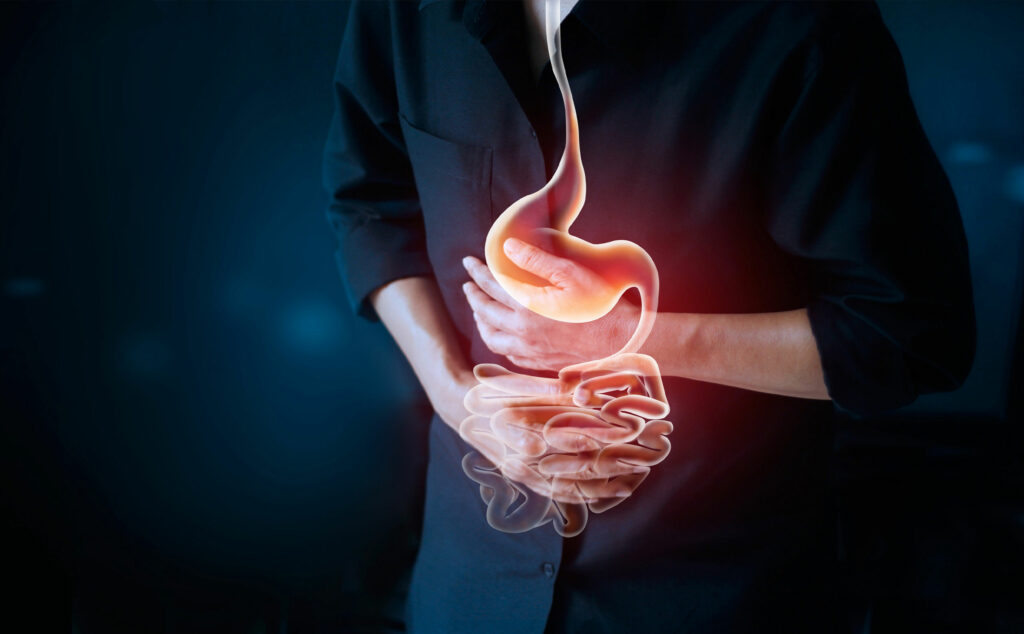Poisoning is caused by exposure to a harmful substance and can occur from ingestion, injection, inhalation, or any exposure. Most poisonings happen by accident.
Immediate first aid is very important in a poisoning emergency, if given before getting medical help it can save a person’s life, so it is important to know what to do in case of poisoning:
Causes
Items that can cause poisoning include:
- Carbon monoxide (from furnaces, gas engines, fires, heaters)
- Certain foods
- Chemicals in the workplace
- Drugs
- Detergents and cleaning products for household use
- Indoor and outdoor plants
- Insecticides
- Paint
Symptoms
Some of the symptoms can be:
Abdominal pain
- Purple lips
- Chest pain
Confusion
- Cough
- Diarrhea
- Difficulty breathing or shortness of breath
- Vertigo
- Double vision
- Drowsiness
- Fever
- Headache
- Heart palpitations
- Irritability
Nausea and vomiting
- Numbness and tingling
- Seizures
- Skin rash or burns
- Stupor
Loss of consciousness
- Weakness
First aid
The first thing to do is to seek medical help immediately.
For intoxication by ingestion and some inhalations:
Examine and monitor the person’s airway, breathing, and pulse. Start artificial respiration and CPR, if necessary.
- Try to verify that the person has certainly been intoxicated. It can be difficult to determine, but if possible, identify the poison.
- Do not induce vomiting in the person, unless directed to do so by a health professional.
- If the person vomits, clear the airways.
- If the person begins having seizures, perform seizure first aid.
- Keep the person comfortable. Turn it onto its left side and have it stay there while you wait for medical help.
- If the poison has spilled onto the person’s clothing, remove it and wash the skin with water.
You must not
- Give anything by mouth to an unconscious person.
- Induce vomiting unless directed by a doctor. A strong poison that burns the throat on the entry will also do damage when vomiting.
- Try to neutralize the poison with lemon juice, vinegar, or any other substance, unless directed by a doctor.
- Wait for symptoms to appear if you suspect a person has been poisoned.
Prevention
It is important to take steps to protect young children from toxic substances. Store all medications, cleansers, cosmetics, and household chemicals out of the reach of children or in cabinets with child-proof latches.
You must be familiar with the plants that are in the house. It is good to keep your children informed about it. Remove any type of poisonous plants. Never eat wild plants, mushrooms, roots, or berries.
Teach children about the dangers of substances that contain poison. One recommendation is to mark the substances that may be toxic.
Do not store household chemicals in food containers, even if they are labeled.
Some toxic or environmental exposures do not require large doses or contact to cause symptoms and injury. Therefore, it is very important to get treatment right away to prevent serious damage.


